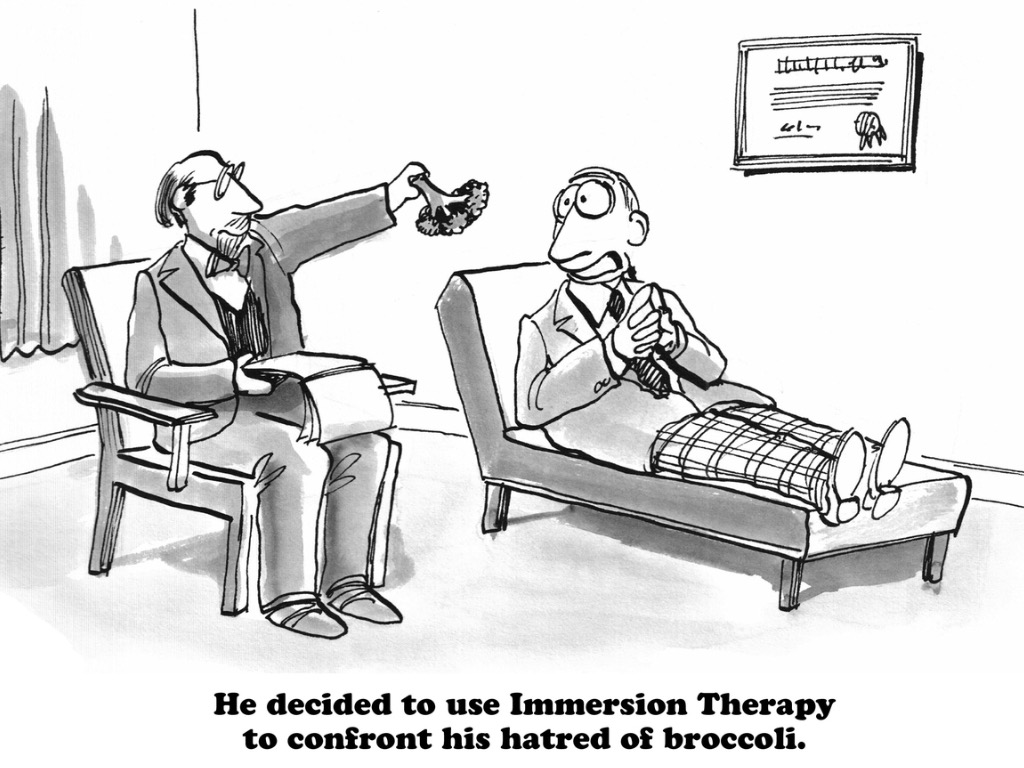Elegant Definition
We absolutely condemn in all places any vulgarity. . . . (Rule of St. Benedict 6.8)
In the beginning, the Spirit of God hovered over the waters. He spoke, and called forth formed things. To live a holy life is to move within these forms willingly.
A holy life is an elegant life.
The savor of elegance blends qualities of restraint and creativity. Vulgarity glaringly lacks both.
What is vulgarity?
Vulgarity displays itself verbally in language; visually in esthetics. Jokes can be crass, but so can architecture. Clothing but also conversation can be indecent. The vibe of vulgarity involves an absence of restraint along with a will to self-assertion, especially in a group. Crude people do not call themselves into question, because everyone they notice is doing the same thing. A sort of pushy smugness combines too much confidence with too little content in too callous a crowd.
Profane people do not stop. They stampede in the direction of a boundary and trample it deliberately, because they can. It’s also the only thing they know how to do. They tend to be the set in power at the moment.
With no respect for boundaries, there’s no sense of danger. Uncouth people back off the edge of the Grand Canyon taking selfies. They die on a ledge a few hours later because the lives of paramedics can’t be risked for anyone that graceless. Their barbaric friends take more pictures, then go on their way just as before.
Base people do not feel grief. Mourning requires sensitivity to the border between life and death, and even this line of demarcation they do not perceive. How could they? All they’ve ever been taught is that they emerged randomly from nothing. They fully expect to dissolve into nothing again, and not be missed. Randomness is a brutal philosophy. Its adherents show no pity.
Elegant people are gracious
In contrast, gracious people voluntarily honor boundaries: the lines between right and wrong; good and evil; being and nothing; beauty and ugliness.
The antidote to vulgarity is humility. If you treat other people with respect, you won’t commit obscenities, even though you make mistakes. If you’re not trying to assert yourself over others, you’re not likely to infringe. Minding limits, you engage your whole life in a practice of discipline. This reeling in of yourself on the verge of a boundary is the essence of modesty. It’s an active compliance that trains self-control, so you can live a graceful life.
Elegant, definition: Elegance involves a sense of risk. It’s a challenge to thread your way through without transgressing. Who can do it? But each attempt develops ability. There are some who succeed beautifully. We admire them and strive to imitate their technique. Artistry is not the province of flippant violators. Creativity does not ignore principles but rather applies them.
For the Christian, beauty includes paradox. The Word became flesh and dwelt among us. The greatest was the servant of all. The virgin gave birth. The creator of the universe chose human parents who couldn’t afford anything better than an animal shed to shelter in. Again and again, Christian teachings balance improbable truths on a fulcrum of miraculous possibility.
As we make our way, we search for this narrow ridge of redemption. We find it, and then our feet slip out from under us, and we slide off. But there is someone to rescue us. Holiness is not only practiced but bestowed. Failure climbs back as resilience.
Within the ways of God we exercise complete freedom to create. He is the one who called us into being, gave us shape and endowed us with talents. Vulgarity is not our destiny.






